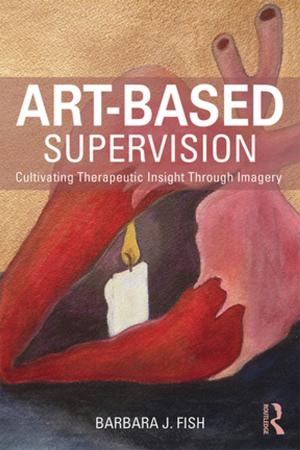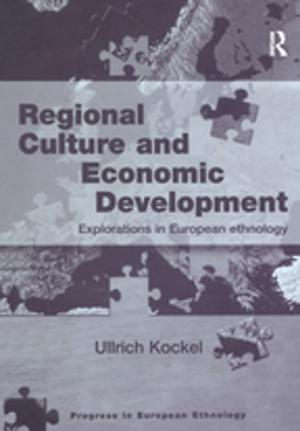Cognition, Education, and Communication Technology
Nonfiction, Reference & Language, Education & Teaching, Teaching, Computers & Technology, Health & Well Being, Psychology, Cognitive Psychology| Author: | ISBN: | 9781135632533 | |
| Publisher: | Taylor and Francis | Publication: | April 8, 2014 |
| Imprint: | Routledge | Language: | English |
| Author: | |
| ISBN: | 9781135632533 |
| Publisher: | Taylor and Francis |
| Publication: | April 8, 2014 |
| Imprint: | Routledge |
| Language: | English |
Cognition, Education, and Communication Technology presents some of the recent theoretical developments in the cognitive and educational sciences and implications for the use of information and communication technology (ICT) in the organization of school and university education. Internationally renowned researchers present theoretical perspectives with proposals for and evaluations of educational practices. Each chapter discusses different aspects of the use of ICT in education, including:
*the role of perceptual processes in learning;
*external cognition as support for interactive learning;
*the role of meta-cognition;
*simulation learning environments as cognitive tools;
*the role of science controversy for knowledge integration;
*the use of ICT in the development of educators; and
*the role of narratives in education.
ICT has great potential for revolutionizing education. Large investments of resources are being made, often without a strong understanding of how ICT will or should be implemented. The expectation is that students will show immediate improvements in terms of their motivation to learn and their learning achievements, but reality is different. Progress of ICT in education requires more than just computers in the classroom. It demands an understanding of the complex processes contributing to human learning and how they interact with new technologies. This text provides theoretical perspectives on the learning processes that can be used as a foundation for constructing pedagogically valuable tools based on ICT.
The combination of results--from cognitive science and pedagogy, with more practically oriented suggestions for how ICT can be used in various forms of education--makes this book suitable for researchers and students in the cognitive and educational sciences, as well as for practitioners and planners of education.
Cognition, Education, and Communication Technology presents some of the recent theoretical developments in the cognitive and educational sciences and implications for the use of information and communication technology (ICT) in the organization of school and university education. Internationally renowned researchers present theoretical perspectives with proposals for and evaluations of educational practices. Each chapter discusses different aspects of the use of ICT in education, including:
*the role of perceptual processes in learning;
*external cognition as support for interactive learning;
*the role of meta-cognition;
*simulation learning environments as cognitive tools;
*the role of science controversy for knowledge integration;
*the use of ICT in the development of educators; and
*the role of narratives in education.
ICT has great potential for revolutionizing education. Large investments of resources are being made, often without a strong understanding of how ICT will or should be implemented. The expectation is that students will show immediate improvements in terms of their motivation to learn and their learning achievements, but reality is different. Progress of ICT in education requires more than just computers in the classroom. It demands an understanding of the complex processes contributing to human learning and how they interact with new technologies. This text provides theoretical perspectives on the learning processes that can be used as a foundation for constructing pedagogically valuable tools based on ICT.
The combination of results--from cognitive science and pedagogy, with more practically oriented suggestions for how ICT can be used in various forms of education--makes this book suitable for researchers and students in the cognitive and educational sciences, as well as for practitioners and planners of education.















